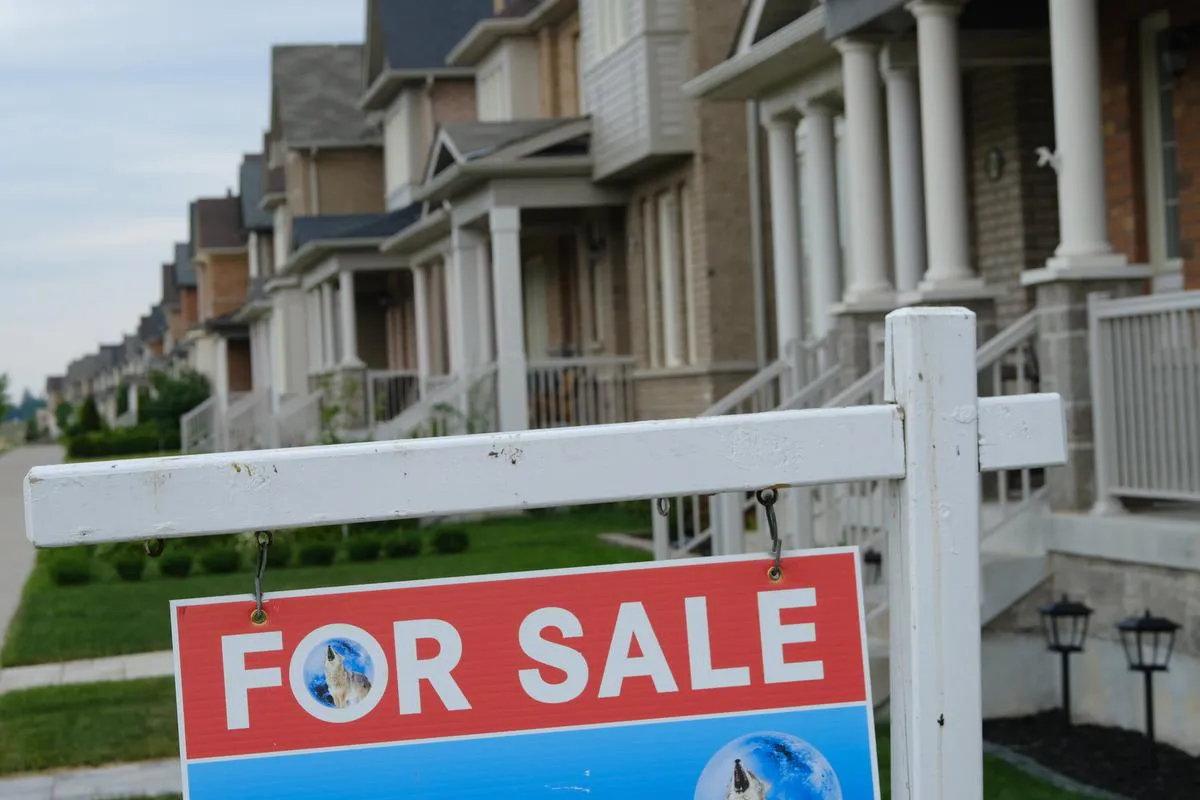
The staggering rise in Hamilton’s house prices is one of the greatest economic success stories in our city’s history.
In the past five years, the net worth of the average Hamilton homeowner has gone up $500,000. Based on 130,000 homes, this is $65 billion in increased wealth across the city.
This new-found wealth will support generations of families, aiding seniors in old age and handing instant wealth to the next of kin who inherit these homes.
Strangely, all commentary about house prices depict this as a crisis of epic proportions, something that must be stopped. One Maclean’s writer went so far as to label it a “criminal rise in house prices.”
Who are these criminals benefitting from rising prices? Not developers, speculators or billionaires. It is spread across two generations of hard-working families and individuals who have built this city — and this country — as part of their life’s work. For most of them, myself included, our property is our primary source of net worth and future economic security.
Sadly, our current council is committed to trying to stop or reverse this success by eliminating an “exclusionary zoning” bylaw law that protects property values.
Consider this. My modest 1,000-square-foot bungalow on the East Mountain is worth $1 million. In Dundas, it would be worth $1.2 million. In Shipley, $800,000. On Burlington Street, $600,000. Why the difference? The real estate mantra of “location, location, location.”
These values reflect the communities they are in, in large part because of zoning bylaws. This is the reason we no longer allow industrial uses in residential areas, for instance. Proper planning is not about how many people you can stuff into a given area. It’s about quality of life and maintaining property values.
Ending exclusionary zoning will allow anyone to turn single family homes into multiplex dwellings, to convert garages into apartments and to dramatically increase population densities in community that were not designed for such growth.
Everything in our subdivisions — parks, schools, libraries, community centres, commercial zones, roads, water, sewers and so on — were planned with single-family homes in mind.
Multiplex housing is often owned by absentee landlords, investors who see Hamilton as a cash cow to be milked for their own gain. These are the speculators that we are trying to prevent from buying houses as investments. People who contribute nothing to the community, but seek to capitalize on what we have built.
I would like to thank the councillors who are standing up for the preservation of property values, and call out those who are committed to lowering values.
Thank you Couns. Esther Pauls, Tom Jackson and Lloyd Ferguson for supporting our property values by opposing open zoning for residential properties. What are the rest of you thinking?
Over the past 40 years or more Not In My Backyard (NIMBY) has become a flash word with any number of negative connotations, but the truth is that if you want to lower my property value, I do not support it.
If you intend to vote in this fall’s municipal election, make a point of finding out which candidates support property values through exclusionary zoning. Every taxpaying property owner has a right to know if their elected representative will commit to preserving and enhancing their property values as a first priority.